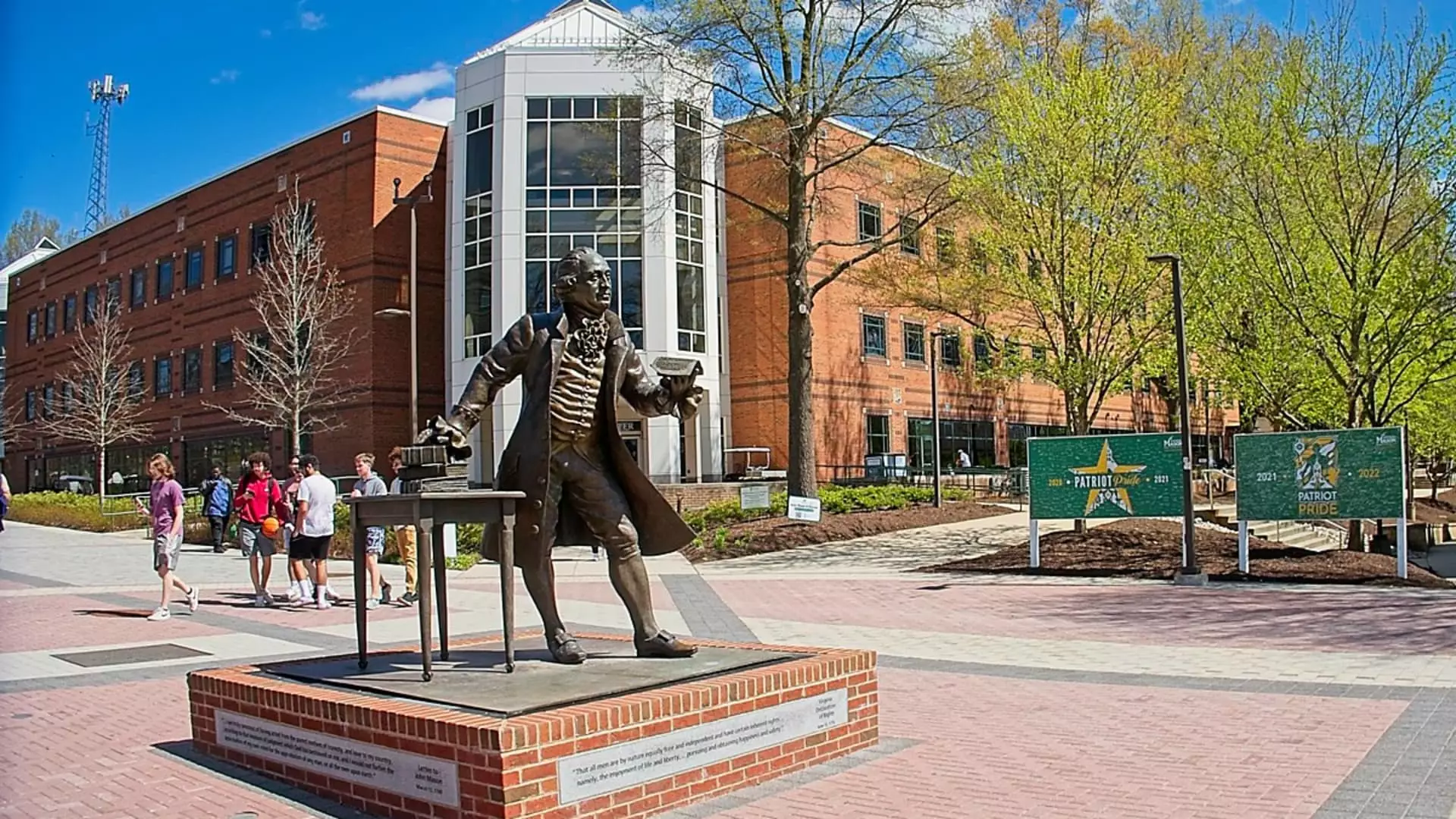In recent weeks, the landscape of American higher education has been marred by a series of federal inquiries targeting institutions like George Mason University. These investigations, driven by the Department of Education’s Office for Civil Rights, are not just technical reviews; they are deeply political acts that expose the underlying tensions about how universities approach diversity, equity, and inclusion (DEI). While supporters argue that these policies are crucial for fostering inclusive environments, critics see them as potential instruments of political bias that threaten the core values of academic meritocracy.
The current scrutiny reveals an uncomfortable paradox: on one side, universities claim to champion equal opportunity, but on the other, federal authorities are questioning if these efforts are veering into discrimination and favoritism. The concern, especially voiced by critics from the political right or center-liberal spectrum, hinges on whether DEI initiatives undermine fairness by prioritizing identity over qualification. The investigations into GMU, and similar institutions like Harvard and Columbia, serve as a mirror reflecting the larger ideological battle over what constitutes a fair and equitable educational environment.
The oscillating narratives of supposed progress and troubling bias make it clear that university policies are becoming battlegrounds for ideological control. The question is whether these federal probes are genuinely about protecting civil rights or about curbing what some perceive as radical ideological overreach. From a center-liberal perspective, there is a pressing need to reaffirm commitment to diversity without sacrificing merit-based standards—a balancing act that appears increasingly precarious amid politicized investigations.
Diversity Policies or Political Instrumentalization? Examining the Allegations
At the heart of the controversy lie specific allegations that challenge the integrity of GMU’s hiring and promotion practices. Critics point to claims of preferential treatment for underrepresented groups, especially since the tenure of the university’s first Black president. The complaint suggests that some faculty members have been evaluated or hired based predominantly on diversity considerations, rather than a complete assessment of qualifications. The existence of programs like “Equity Advisors” and the “Task Force on Anti-Racism and Inclusive Excellence” create a perception—whether justified or not—that DEI policies are being selectively applied to favor certain demographics.
However, from a critical standpoint, one must question whether these claims are distortions or genuine misapplications of well-meaning policies. Universities are complex organizations, and the line between promoting diversity and inadvertently fostering bias can often blur. Yet, framing these initiatives as anything other than efforts to create equitable representation risks dismissing the genuine need to rectify historical inequalities and systemic biases. The ideological tension surfaces when such policies are painted as unjust advantages for some ethnic groups at the expense of others, risking a tokenistic approach that reduces individuals to their racial identities rather than their achievements.
The federal investigation’s focus on transparency and fairness should serve as a check, but it must also guard against unwarranted interference in university autonomy. Education, ideally, is a space for open debate—an environment where policies are continually evaluated for fairness and effectiveness without becoming pawns in political games. If the accusations against GMU are proven true, it signals a worrying departure from these principles; if not, it underscores the importance of protecting academic freedom from politically motivated scrutiny.
The Broader Political Context and the Future of Higher Ed
This wave of investigations cannot be divorced from the broader political currents that are shaping American public policy. Under the Trump administration, federal agencies have adopted a more skeptical stance towards DEI initiatives, seeing them as potential avenues for radical social engineering. In this environment, universities are caught in a crossfire—pressured to align their policies with shifting political expectations or face consequences like loss of federal funding and increased public scrutiny.
However, the issue isn’t merely about political disagreements—it’s about the foundational values of truth, fairness, and academic freedom. As the debate intensifies, universities must navigate the delicate balance between fostering a diverse and inclusive campus and maintaining high standards rooted in merit. From a centrist liberal perspective, there is room for optimism if institutions stay committed to genuine inclusivity that values individual achievement and diversity of thought, rather than succumbing to politicization.
The long-term implications of these investigations are profound. They threaten to redefine what inclusive excellence means in American higher education. If policies are implemented or enforced in ways that prioritize identity over merit, the very purpose of higher institutions—knowledge, innovation, critical thinking—could be at risk. Conversely, guardians of a fair and open academic space argue that diversity is not a threat but an essential feature of a thriving democracy. It’s in this nuanced middle ground that the future of decent, equitable education must be negotiated—an endeavor that requires vigilance, open-mindedness, and resistance to simplistic ideological captures.

Leave a Reply